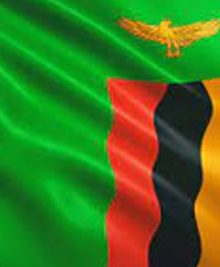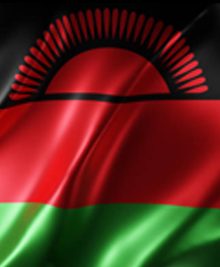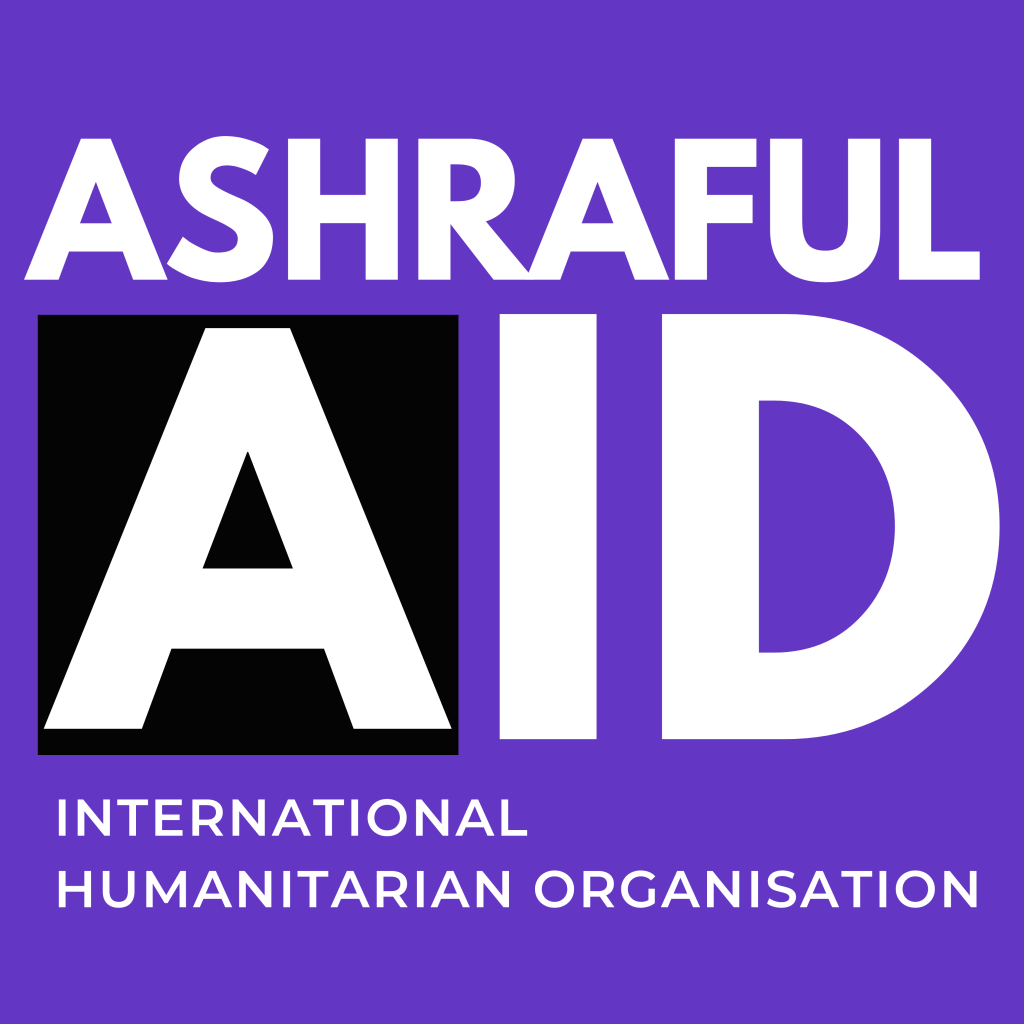
Q: What is Ramadan?
A: Ramadan is the ninth month of the Islamic calendar, during which Muslims worldwide observe fasting from dawn to dusk.
Q: When does Ramadan begin?
A: Ramadan’s commencement is determined by the sighting of the new moon, as Muslims follow the Islamic lunar calendar, about eleven days shorter than the Georgian calendar. This leads to variations in the starting date each year.
Q: Is it not inconvenient to begin fasting at different times each year?
A: No, the lunar calendar allows for a diverse experience of fasting throughout the seasons, fostering a balanced distribution of difficulty. Muslims, over their lifetime, encounter Ramadan during both short winter days and long summer days, ensuring a shared challenge globally.
Q: What is meant by fasting during Ramadan?
A: Fasting in Ramadan involves abstaining from food, drink, smoking, and other sensual pleasures from dawn to dusk. This practice aims to obey God’s command, instill discipline, humility, and self-restraint, empathize with the less fortunate, and cultivate generosity.
Q: How did fasting during Ramadan become obligatory for Muslims?
A: While revelations to Prophet Muhammad began in 610 CE, fasting became a religious obligation in 624 CE, as outlined in the Qur’an (Chapter 2, verses 183 and 185). Ramadan, the month of Quranic revelation, symbolizes guidance and judgment.
Q: Do Muslims gain anything from fasting?
A: Ramadan yields increased compassion, self-purification, reflection, and heightened spirituality. The sense of togetherness among family and friends is cherished. The practical benefit lies in the annual lesson of self-restraint and discipline.
Q: Isn’t it difficult to perform the fast?
A: Fasting is ingrained from a young age, making it eagerly awaited by individuals of all ages. In Muslim-majority countries, where most observe the fast, there are fewer temptations, facilitating a collective fasting experience.
Q: Do all Muslims fast in Ramadan?
A: Fasting is compulsory for mentally and physically fit Muslims past puberty, in a settled situation, and sure that fasting won’t cause harm. Exemptions include children, the sick, seniors facing hardships, pregnant and nursing women, menstruating women, travelers, and those mentally incapacitated.
Q: What about children, can they fast voluntarily?
A: Muslim children below puberty can fast with parental permission and supervision. Parents guide gradual fasting practice, ensuring preparedness when children reach puberty. Breaking the fast is allowed without blame or penalty if a child cannot or chooses not to continue.
Q: How can non-Muslims support someone fasting?
A: Understanding Ramadan’s significance and accommodating minor adjustments for physical demands, such as flexible schedules, shows support. Allowing time for Eid prayers is crucial, akin to the importance of Christmas and Yom Kippur to other faiths.
Q: What are the traditional practices for Ramadan?
A: Universal practices during Ramadan include Suhoor (pre-dawn meal), Iftaar (breaking fast at dusk), Tilaawah (Quran recitation), and giving alms and charity.
Q: Are there any special events during Ramadan?
A: The most significant event is the celebration of Laylatul Qadr.
Q: What is Laylatul Qadr?
A: Laylatul Qadr, or “the Night of Power & Grandeur,” commemorates the night when Prophet Muhammad received the Quran from God. Muslims believe it falls on one of the last odd-numbered nights of Ramadan.
Q: What is Eid ul Fitr?
A: Eid ul Fitr marks the end of Ramadan, beginning with special prayers on the first day of Shawwal. It is a time for relaxation, and Muslims greet each other with “Eid Mubarak,” meaning “blessed Eid.” Some also say, “May God accept your deeds [performed during Ramadan].


















